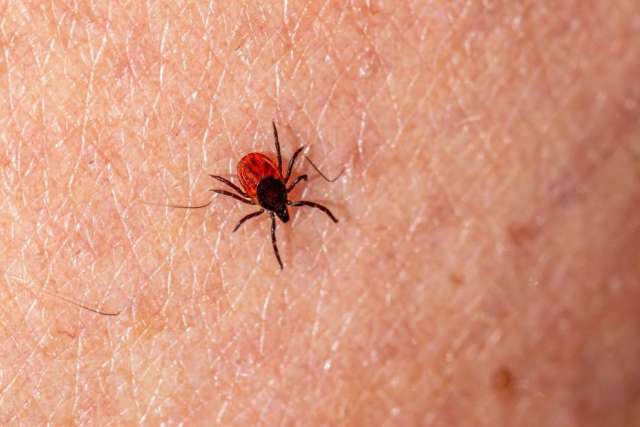Hello, dear readers, and welcome to a bonus letters column. You’ve been keeping our mailboxes even fuller than usual, and we will continue to do our best to keep up.
-- How to safely remove ticks has proven to be a very popular topic. We appreciate the array of approaches that are being shared. However, some of these, despite their firm place in tick lore, are discouraged. These include coating the visible body of the tick with nail polish or petroleum jelly, or using heat to try to get the tick to exit the skin. While it’s possible these may cause a tick to eventually detach, your goal is the immediate removal of the tick with the head and body intact. Repeated testing of a variety of approaches, including folk remedies, lands firmly in favor of pointy tweezers. These let you grab even the tiniest nymph close to the skin, then, with gentle and steady pressure, gradually and safely pull it free.
-- Our tick-removal discussion continues thanks to a reader from the Ozarks in Arkansas who deals with bites on a regular basis. “Is there any danger in using tea tree oil to remove ticks?” he asks. “I put some on the sucker for a few seconds, and he backs out willingly.” Tea tree oil is generally safe when used topically. As we mentioned earlier, the goal with a tick bite is immediate removal of the intact tick. This is to prevent the transmission of disease. If your approach with tea tree oil results in immediate and complete detachment, then you have achieved the goal. However, it’s crucial that you not wait for the tea tree oil to do its job. If the tick doesn’t move, please immediately switch to the pointy tweezer/gentle tug method.

Thank you, again, for staying in touch with us. We love hearing from you. Please remember that we cannot comment on medications, make a diagnosis or offer a second opinion. You can find previous columns in a searchable database at uexpress.com/health/ask-the-doctors.
(Send your questions to [email protected], or write: Ask the Doctors, c/o UCLA Health Sciences Media Relations, 10960 Wilshire Blvd., Suite 1955, Los Angeles, CA, 90024. Owing to the volume of mail, personal replies cannot be provided.)





